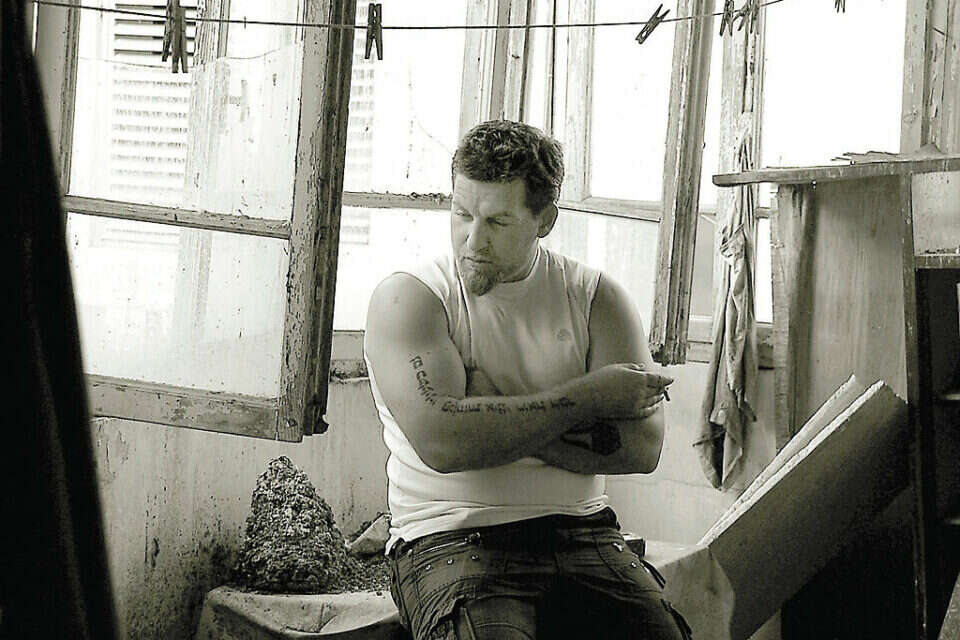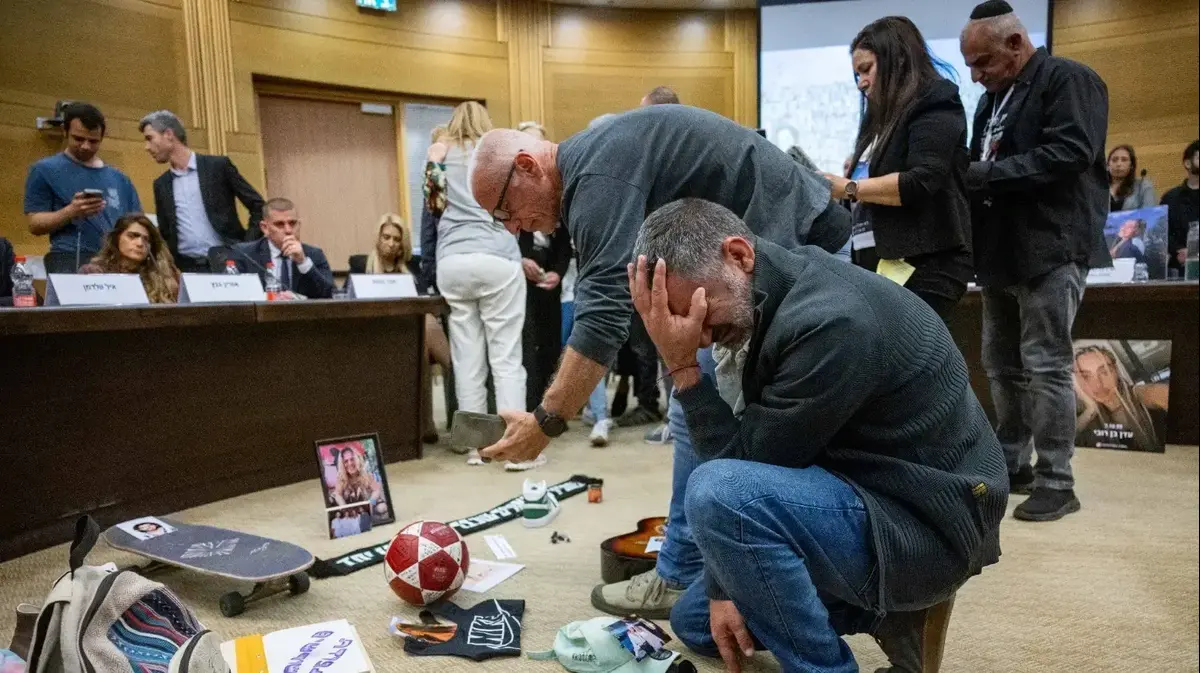Many call him "the angel Gabriel." Since he died of cardiac arrest a decade ago, at the age of 37, the unique nickname has stuck to musician Gabriel Balhassan. It's a combination of his name named after the famous angel alongside his tremendous influence on the attitude towards mental health, as someone who exposed the world to the most intimate moments from the depths. An academic conference is now being held in his memory, for his contribution to culture and mental health in Israeli society.
"Gabriel gave words to phenomena that we all experience from time to time, but there is no one who puts them on the table like him," describes Prof. Yossi Levi-Blaz, the conference organizer and head of the Center for the Study of Suicide and Emotional Pain at the Ruppin Academic Center. "Gabriel led a statement that you can talk about these sides, that you can put on the table mental pain and depression and the depression and all the intolerability of this thing. No one can describe this terrifying experience of entering a psychiatric ward as Gabriel did. There was no one who talked like that about depression and anxiety and compassion, about being able to move and move from places of pain."
Prof. Levi-Blaz,
Gabriel Balhasan grew up in the southern settlement of Ptolemy Eliyahu, where in his youth he founded the band "Algiers" with his fellow moshav members, which was a unique phenomenon in the Israeli landscape. At the age of 22, he developed bipolar disorder, which he documented in his work. Over the years, he was accompanied by a devout audience that saw his work as a unique message. "The culture in Israel conveys, 'Everything is fine and let's sing unicorn,'" Levy-Blaise says, "but about 20% of the population is dealing with depression at a given time, and psychiatric hospitalization is something that happens to normative people. You can get up at four in the morning sweating under a black cotton blanket and look at the ceiling – as Gabriel wrote, and that's part of the repertoire that human beings have. As a clinical psychologist, making that voice heard has unimaginable value."
Levi-Blaz knew Balhasan intimately, who was hospitalized at the hospital where Levi-Blaz interned. "I've loved Algiers' music since I was a young man living in Tel Aviv. Gabriel came into my life when I was a clinical psychologist in residency. He was hospitalized in my ward and suddenly I was his caregiver for a while. It was a very strong and meaningful bond."
Balhassan, z"l. "Lie on the fence for everyone",
For the family, it's about coming full circle. "The situation today is approaching Gabriel's dream, that mental health will be natural and normal, like we talk about the flu and otitis media," says Emmanuel Balhassan, his older brother, who appears in several of his songs. "When Gabriel's illness broke out, the discourse on the subject was one of complete darkness. It was treated as the darkest, darkest, and most shameful place, and it hurt the people who needed treatment the most. Gabriel lay on the fence for everyone and talked about this world. Over the years, we have received countless examples of people who have simply been saved. So it's a feeling of closure."
For Emanuel, Mano, the fact that this is an academic conference is particularly exciting. "There is the image of the artist – emotion and emotion and emotion, but Gabriel was a real intellectual. He was immensely knowledgeable. It was with him from a very young age, he read thick books, knew Psalms-Proverbs-Ecclesiastes by heart as if speaking in a two-page book, read from Pinchas Sadeh to Albert Camus, from Ernest Hemingway to Emile Ajar. So it's really a kind of fanfare, whose contribution is in front of an academic day. And I know that it is studied today in many literary departments.
"For me, it's a comfort. I really relate to it than all the talk about depression. There was a period of romanticizing the pain as if it were something that was unstoppable and sacred. But the reality is different – Gabriel believed a time to cry and a time to laugh. He was the funniest man in the world, with imitation abilities and subtle and clever humor."
At the conference, sessions will be devoted to central and edge spaces in Balhassan's work, the image of God reflected in his work, and other topics. Aviv Guedj will appear, Yoav Kutner will speak with Prof. Levi-Blaz and there will be an open dialogue with the audience about emotional pain, meaning and hope.
The conference will take place tomorrow (Friday) at the Tel Aviv-Jaffa Academy, starting at 9:00.
Wrong? We'll fix it! If you find a mistake in the article, please share with us















